Is Betting On Wildfires A Reflection Of Our Times? The Los Angeles Case
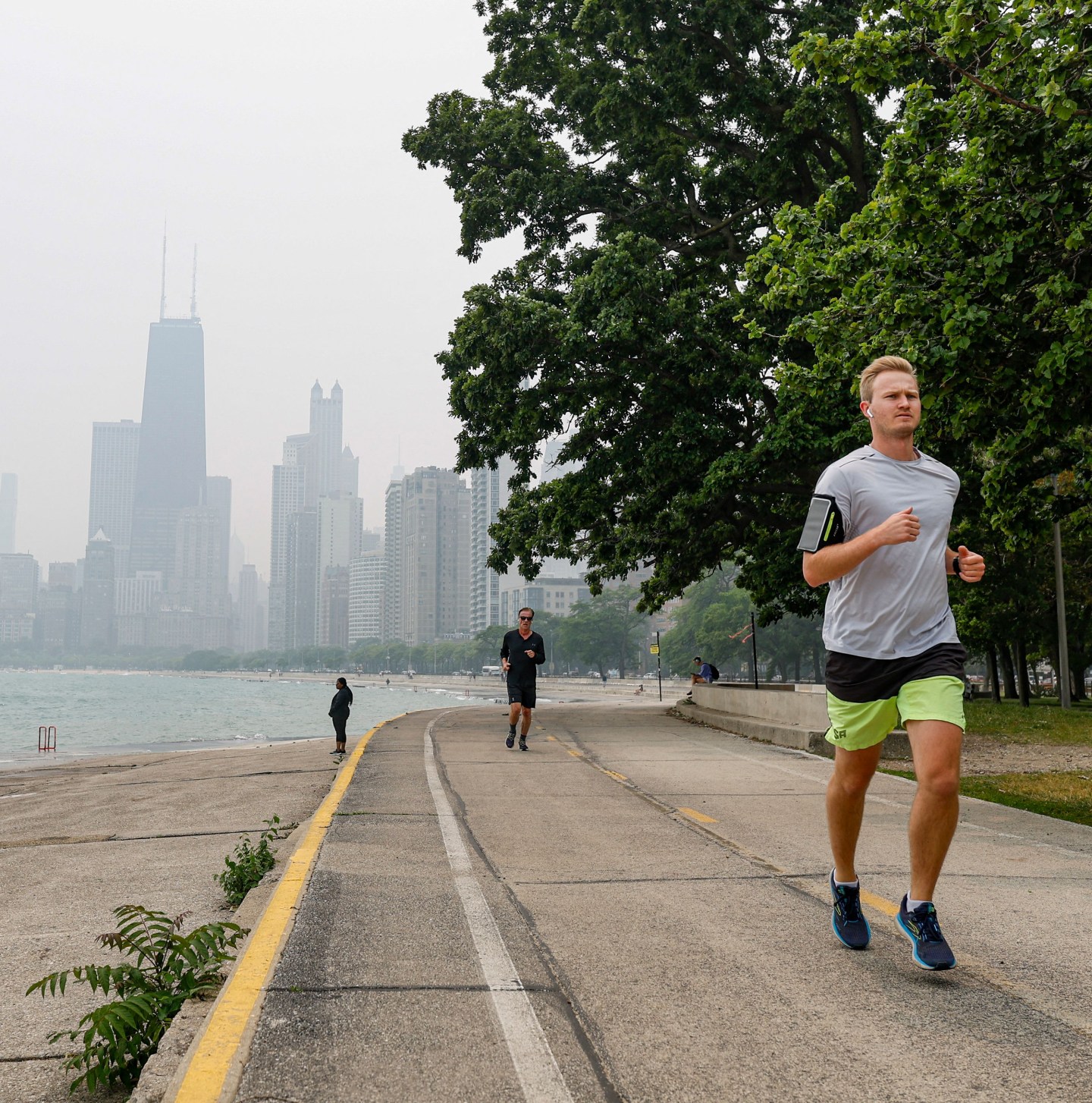
Table of Contents
The Moral and Ethical Implications of Betting on Wildfires
Exploiting Suffering
The notion of profiting from the suffering caused by wildfires presents a significant ethical challenge. Betting on wildfires isn't simply a wager on an unpredictable event; it's a bet on the devastation of communities, the displacement of families, and the potential loss of life.
- Negative impacts: The perception of profiting from tragedy could deeply wound survivors and undermine public trust.
- Public perception: Such markets could be viewed as insensitive, exploitative, and morally reprehensible.
- Comparison to other controversial markets: Similar to betting on political events or even human suffering in some extreme cases, this raises serious questions of ethics.
The potential for exacerbating existing inequalities is also significant. Those most vulnerable to wildfires – often low-income communities and marginalized groups – would suffer the most, while others could profit from their misfortune, further widening the gap. The psychological impact on victims could be intensified by the knowledge that others are financially benefitting from their hardship.
The Speculative Nature of Wildfire Prediction
Accurately predicting wildfire behavior is incredibly complex, making betting on wildfires inherently risky and ethically questionable.
- Influencing factors: Wildfires are influenced by a multitude of variables, including wind patterns, terrain, drought conditions, and fuel loads.
- Prediction model limitations: Current prediction models, while improving, still have inherent limitations and uncertainties.
- Uncertainty in outcomes: The unpredictability of wildfires makes accurate predictions—and thus, successful betting—extremely difficult.
This inherent uncertainty starkly contrasts with the apparent certainty implied by betting markets. Such markets often present a simplified, potentially misleading view of a complex natural phenomenon, encouraging risky behavior based on incomplete or inaccurate information.
The Los Angeles Context: Unique Vulnerabilities and Risk Factors
Urban-Wildland Interface
Los Angeles's unique geography, characterized by a significant urban-wildland interface, creates a particularly vulnerable context for wildfires. This unique setting significantly impacts the potential implications of betting on wildfires in the LA area.
- Statistics on LA wildfires: Los Angeles has a long and devastating history of wildfires, with numerous large-scale events causing significant damage and loss of life.
- High-risk areas: Specific neighborhoods and geographical zones within Los Angeles are particularly susceptible due to factors like vegetation density and proximity to wildlands.
- Population density: The high population density exacerbates the risks associated with wildfires, increasing the potential for casualties and displacement.
The intricate relationship between urban development and wildlands in Los Angeles makes accurate wildfire prediction even more challenging, potentially leading to inaccurate betting outcomes and irresponsible financial practices.
Socioeconomic Disparities and Wildfire Risk
Socioeconomic factors significantly impact vulnerability to wildfires in Los Angeles, with disparities in access to resources influencing survival rates and recovery efforts.
- Access to resources: Wealthier communities often have better access to insurance, evacuation plans, and other resources, improving their chances of survival and recovery.
- Differential risk levels: Different neighborhoods experience varied levels of wildfire risk based on factors like housing density, vegetation, and proximity to fire-prone areas.
The intersection of these socioeconomic disparities with hypothetical wildfire betting markets could lead to exploitative practices and further marginalize vulnerable communities. Those with fewer resources are more likely to suffer the most significant consequences, while others could profit from their misfortune.
The Broader Societal Implications: Disaster Capitalism and Risk Perception
Disaster Capitalism and Profiting from Crisis
The potential for betting on wildfires connects directly to the controversial concept of disaster capitalism—the practice of profiting from crises.
- Examples of disaster capitalism: From private security firms to disaster relief contractors, many actors have historically profited from the aftermath of natural disasters.
- Potential for manipulation: Betting markets could potentially be manipulated to exploit the uncertainty surrounding wildfire events.
- Profit motives vs. societal needs: The focus on profit stands in stark contrast to the urgent need for effective disaster response and community recovery.
The Los Angeles case provides a particularly compelling example of how disaster capitalism might manifest in a setting where wildfires pose significant and ongoing threats.
Changing Risk Perception and Desensitization
The increasing frequency of natural disasters, exacerbated by climate change, and the ubiquitous media coverage have contributed to a changing societal risk perception.
- The role of media: Constant exposure to images of devastation can lead to both increased awareness and potential desensitization.
- Changing attitudes toward risk: Society's acceptance of risk seems to fluctuate, potentially impacting the acceptance of practices like betting on wildfires.
- Societal acceptance of "disaster capitalism": The normalization of profit-seeking in the wake of disasters might foster a more accepting climate for betting markets focused on such events.
This desensitization, coupled with the normalization of risk, could increase the societal acceptance of betting markets focused on natural disasters, blurring the lines between responsible risk management and exploitative financial practices.
Conclusion: Reflecting on the Ethics of Betting on Wildfires in Los Angeles
The hypothetical possibility of betting on wildfires, especially in a high-risk area like Los Angeles, raises profound ethical questions. We've explored the moral dilemmas inherent in profiting from suffering, the inherent uncertainty in wildfire prediction, the impact of socioeconomic disparities, and the broader implications of disaster capitalism and shifting risk perceptions. The unique vulnerability of Los Angeles, with its urban-wildland interface and socioeconomic inequalities, makes the issue particularly pressing. Is betting on wildfires a responsible reflection of our times? What are the ethical boundaries we need to consider regarding betting on natural disasters? These are crucial questions that demand thoughtful consideration and public discourse. Responsible risk management and ethical considerations must remain paramount when facing the challenges of natural disasters. The focus should remain on prevention, mitigation, and effective disaster response, not on the potential for financial gain from human suffering.

Featured Posts
-
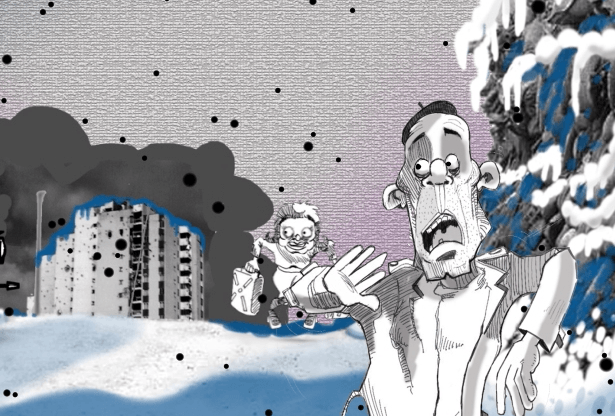 Teletoon Spring Streaming Jellystone And Pinata Smashling Highlight New Shows
May 22, 2025
Teletoon Spring Streaming Jellystone And Pinata Smashling Highlight New Shows
May 22, 2025 -
 Loire Atlantique Quiz De Culture Generale Sur L Histoire Et La Gastronomie
May 22, 2025
Loire Atlantique Quiz De Culture Generale Sur L Histoire Et La Gastronomie
May 22, 2025 -
 Rising Grocery Prices Inflationary Trends For The Third Consecutive Month
May 22, 2025
Rising Grocery Prices Inflationary Trends For The Third Consecutive Month
May 22, 2025 -
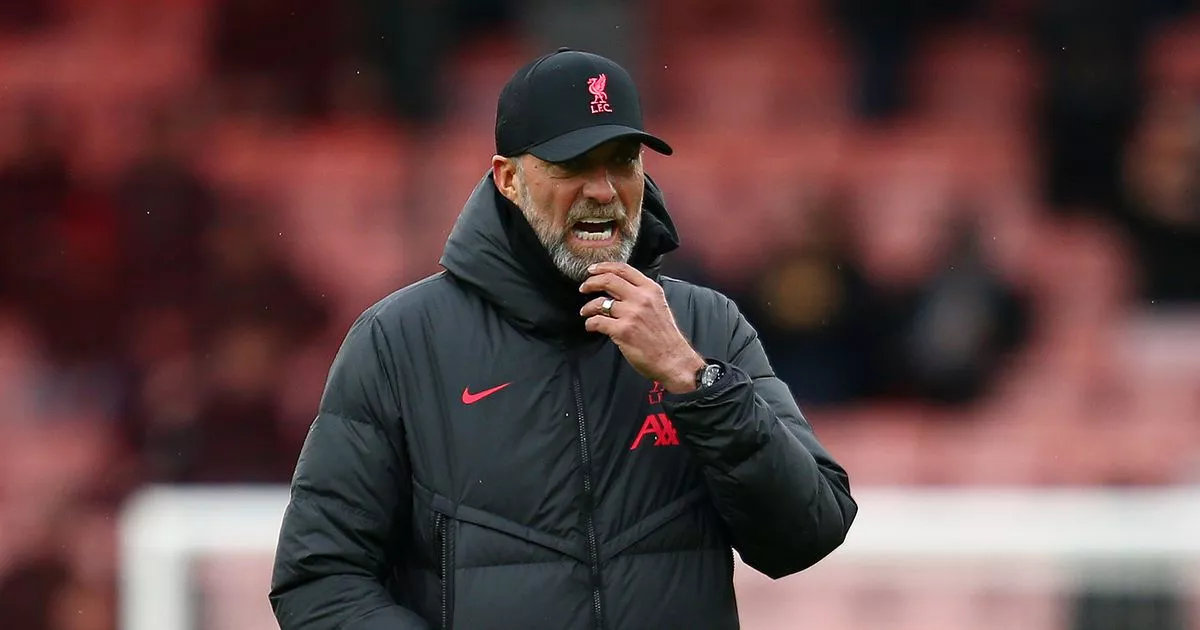 Real Madrid In Juergen Klopp Plani Ancelotti Nin Yerine Kim Geliyor
May 22, 2025
Real Madrid In Juergen Klopp Plani Ancelotti Nin Yerine Kim Geliyor
May 22, 2025 -
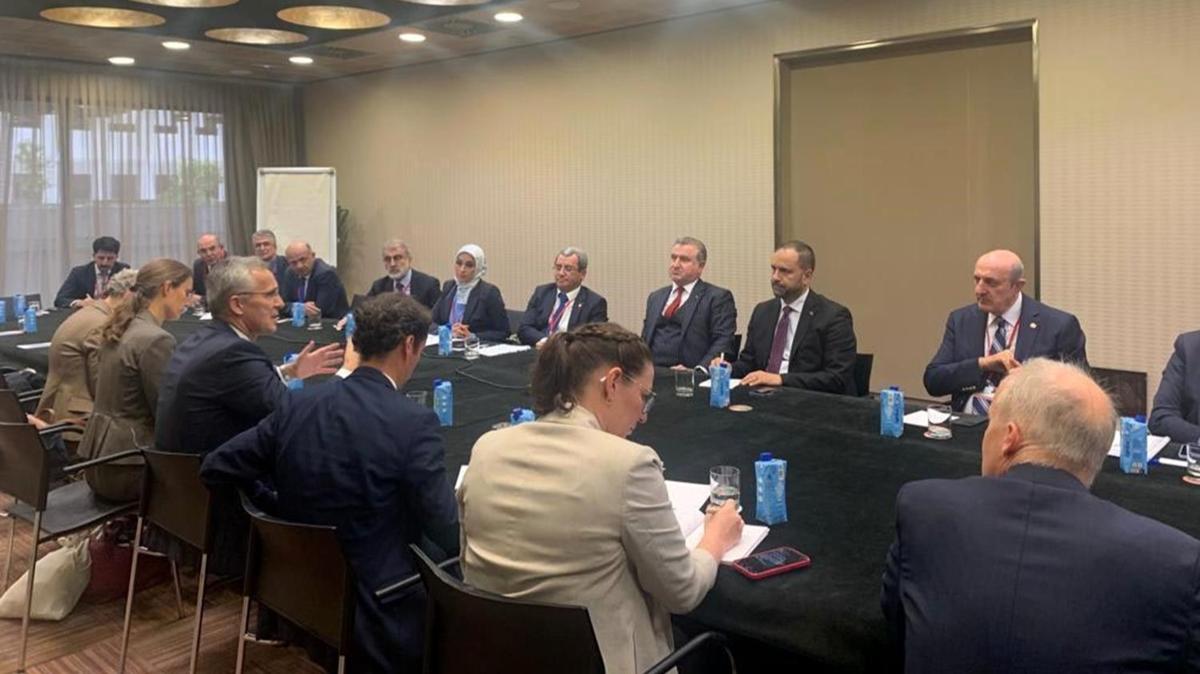 Antalya Da Nato Parlamenter Asamblesi Teroerizm Ve Deniz Guevenligi Odak Noktasi
May 22, 2025
Antalya Da Nato Parlamenter Asamblesi Teroerizm Ve Deniz Guevenligi Odak Noktasi
May 22, 2025
Latest Posts
-
 Ukrayina Poza Nato Analiz Potentsiynikh Zagroz Ta Politichnikh Naslidkiv
May 22, 2025
Ukrayina Poza Nato Analiz Potentsiynikh Zagroz Ta Politichnikh Naslidkiv
May 22, 2025 -
 Blake Lively And Taylor Swift Friendship Under Strain Following Subpoena News
May 22, 2025
Blake Lively And Taylor Swift Friendship Under Strain Following Subpoena News
May 22, 2025 -
 Nato Ta Ukrayina Chi Ye Vidmova Vid Alyansu Yedino Mozhlivim Variantom
May 22, 2025
Nato Ta Ukrayina Chi Ye Vidmova Vid Alyansu Yedino Mozhlivim Variantom
May 22, 2025 -
 Did A Subpoena Damage Blake Lively And Taylor Swifts Friendship A Look At The Reports
May 22, 2025
Did A Subpoena Damage Blake Lively And Taylor Swifts Friendship A Look At The Reports
May 22, 2025 -
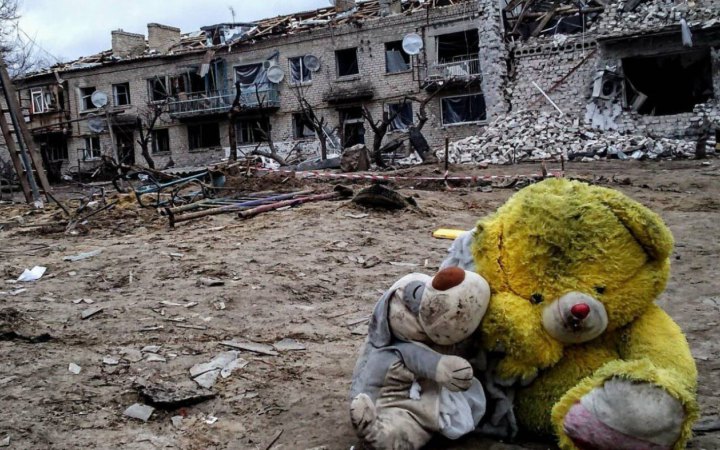 Vidmova Ukrayini Vid Nato Dumka Yevrokomisara Ta Potentsiyni Naslidki Dlya Krayini
May 22, 2025
Vidmova Ukrayini Vid Nato Dumka Yevrokomisara Ta Potentsiyni Naslidki Dlya Krayini
May 22, 2025
